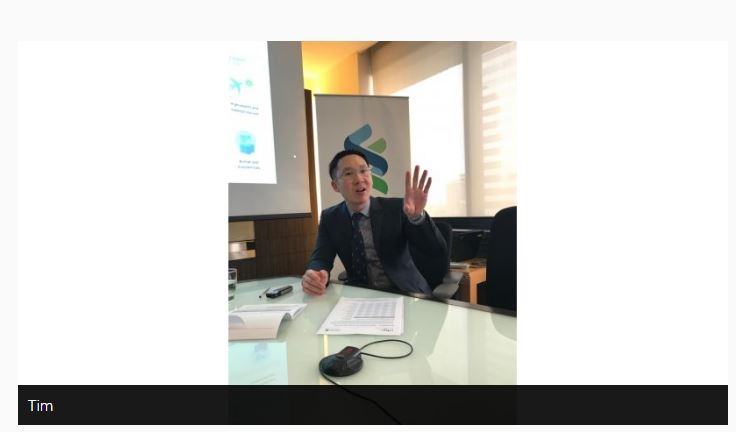Thailand: Baht expected to strengthen by year-end
THE BAHT is expected to reverse course in the next few months, and the central bank is likely to raise the key interest rate in September, Tim Leelahaphan, an economist at the Standard Chartered Bank Thailand, has forecast.
Closely monitored risk factors to the economy include trade tensions and the impact of the boat tragedy in Phuket earlier this month on the tourism industry.
The baht would strengthen to Bt32.5 per US dollar from the current level of Bt33.5 per dollar by the end of the year, he said.
The dollar has been boosted recently by the expansion of the US economy and the rate hike by the US Federal Reserve. But large spending and tax cuts by the US government will lead to a larger budget deficit, which would weaken the US government’s financial position, he said.
A larger budget deficit would lower confidence in the US dollar causing it to weaken, he predicted.
He also predicted that the Bank of Thailand was unlikely to defy the trend of rising interest rates. The central bank’s Monetary Policy Committee recently changed its tone about the policy rate. They have started to discuss rate normalisation after keeping a historically low rate of 1.5 per cent so long, he said.
The central bank is likely to raise interest rate twice this year, by 25 basis points each time, to 2 per cent by the end of the year.
Another key reason for the rate hike is that the central bank will choose a gradual rate hike rather than a sharp increase later in order to avoid market jitters, he argued.
As the economic growth moves towards a broad-based growth, it could accelerate inflation, he warned.
He pointed out that Standard Chartered’s forecast differs from the consensus view that the central bank will keep the policy rate on hold for the rest of the year and will start to raise the rate next year.
Finance Minister Apisak Tantivorawong was also against an early rate hike, as he feared it would adversely affect consumers.
Tim believed that pressure from Apisak would not prevent the central bank from increasing the rate.
“Apisak also conceded that it is the responsibility of the central bank regarding interest rate policy,” Tim said.
Standard Chartered has forecast economic growth rate of about 4.3 per cent this year, compared with 4.5 per cent projected by the Finance Ministry.
Upside risk could be possible if the government makes clear in September about the date of the next general election.
The lifting of the political ban will lead to political campaigns across the country and that could boost consumer spending, especially upcountry, he said.
He was optimistic that the trade dispute between the United States and China would not get out of hand.
He, however, said close monitoring is needed to see how the trade disputes would play out.
Some analysts believed that trade tensions could escalate into a full-blown trade war as US President Donald Trump recently made a fresh threat to impose tariffs on Chinese goods worth US$500 billion.
The International Monetary Fund has warned that the trade dispute between the US, with major economies China, Europe, Mexico and Canada could slash global economic growth by 0.5 percentage points by 2020. It maintained its global economic growth forecast at 3.9 per cent this year but said trade volume would be less than expected, rising 4.5 per cent against its previous forecast of 4.8 per cent.
Another risk factor is the fallout from the boat tragedy in Phuket on the tourism industry, as more than 40 Chinese tourists lost their lives.
Tim said he did not think it would have a big impact on Chinese tourist arrivals.
Source: http://www.nationmultimedia.com/detail/Economy/30350582


 Thailand
Thailand




